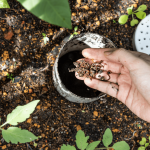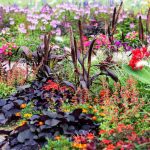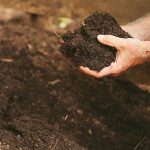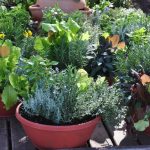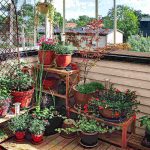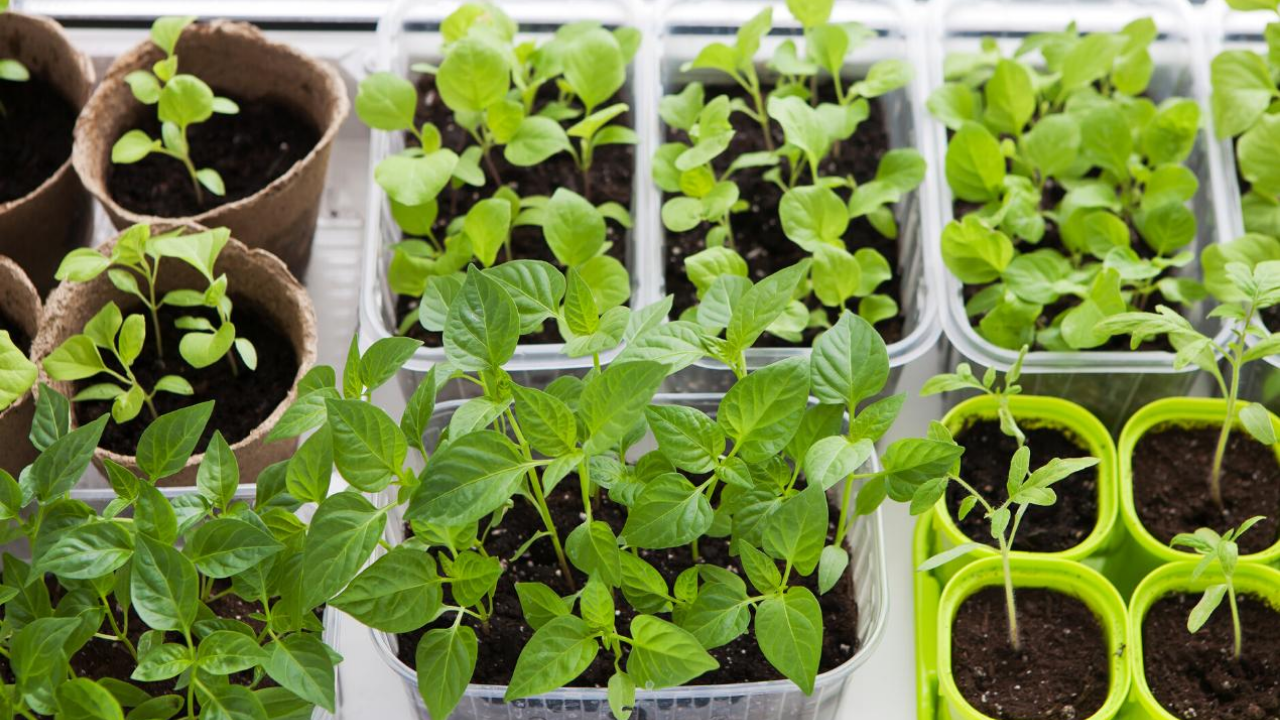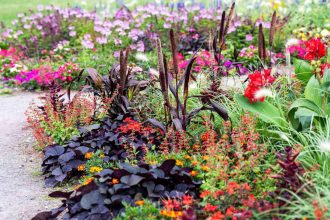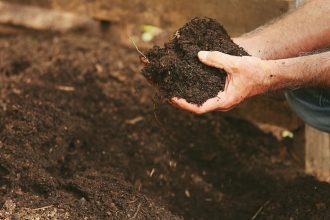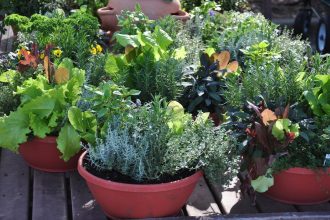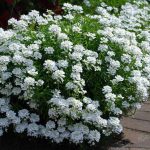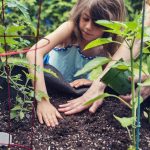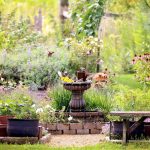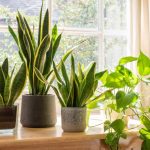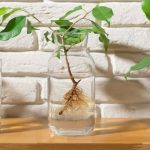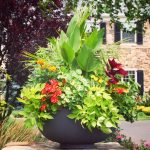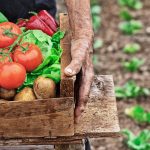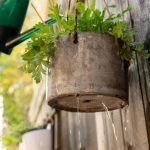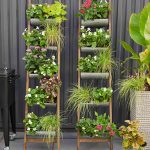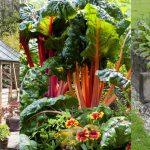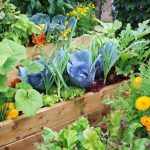In the world of gardening, there is a magical process that turns tiny seeds into flourishing plants. If you’ve ever been curious about the art of seed starting, look no further. Whether you’re a seasoned gardener or a beginner with a green thumb, we have some essential tips that will help you successfully start your own plants from seeds. Join us on this journey and watch as tiny seedlings grow into bountiful gardens right before your eyes.

Getting Started with Seed Selection
When it comes to starting plants from seeds, selecting the right seeds is crucial for successful growth. Here are some tips to help you navigate the seed selection process:
- Consider Your Climate: Choose seeds that are suitable for your region’s climate and growing conditions.
- Read Seed Packets: Pay attention to the information on seed packets, such as planting instructions, sunlight requirements, and days to maturity.
- Choose Quality Seeds: Opt for high-quality seeds from reputable suppliers to increase the chances of successful germination.
- Start Small: If you’re new to seed starting, begin with a few easy-to-grow varieties to build your confidence.
Additionally, consider factors such as space limitations, sunlight availability, and your gardening goals when selecting seeds. By carefully choosing the right seeds, you’ll be on your way to a successful gardening season with thriving plants.
Creating the Ideal Growing Environment for Seeds
To create the ideal growing environment for seeds, it’s important to consider several factors that can help promote healthy growth and development. One key aspect is providing the right amount of light for your seeds. Light is essential for photosynthesis, the process by which plants convert light into energy. Make sure your seeds receive plenty of natural sunlight or use grow lights to supplement their light needs.
Another crucial factor to consider is temperature. Most seeds prefer a warm environment to germinate, so it’s important to keep them in a location with a consistent temperature. Avoid placing seeds in drafty areas or near vents that can cause fluctuations in temperature. Additionally, humidity plays a significant role in seed germination. Ensuring the soil is consistently moist but not waterlogged can help seeds sprout successfully.
Air circulation is also essential for promoting healthy growth. Good airflow can prevent the development of mold and mildew, which can hinder seed germination. Consider using a small fan to gently circulate air around your seeds. Lastly, soil quality is crucial for providing seeds with the nutrients they need to thrive. Use a high-quality potting mix that is well-draining and nutrient-rich to give your seeds the best chance at success. By considering these factors and creating an optimal growing environment, you can set your seeds up for healthy growth and development.
| Light | Provide natural sunlight or grow lights |
|---|---|
| Temperature | Keep seeds in a warm, consistent environment |
| Humidity | Maintain soil moisture without waterlogging |
| Air Circulation | Use a fan to promote good airflow |
| Soil Quality | Use nutrient-rich, well-draining potting mix |
Nurturing Seedlings for Success
If you’re looking to start plants from seeds, there are a few key tips to keep in mind to ensure success. One of the most important factors is choosing the right type of seed for your growing conditions. Make sure to research the specific requirements for each type of plant you want to grow.
Next, it’s essential to provide the ideal environment for your seedlings to thrive. This includes using a high-quality seed starting mix, ensuring adequate water and light, and maintaining consistent temperatures. Consider investing in a grow light if you don’t have access to natural sunlight.
Another important tip is to monitor your seedlings closely and adjust as needed. Keep an eye out for signs of over or under watering, pests, or nutrient deficiencies. By staying proactive and attentive, you can give your seedlings the best chance at success.
Remember, seed starting is a process that requires patience and attention to detail. By following these tips and staying dedicated to nurturing your seedlings, you’ll be well on your way to growing healthy, thriving plants from scratch.
Troubleshooting Common Seed Starting Problems
Having trouble getting your seeds to sprout? Don’t worry, we’ve got you covered! Here are some tips to help troubleshoot common seed starting problems:
- Watering: Make sure you are not overwatering or underwatering your seeds. It’s important to keep the soil moist but not waterlogged.
- Temperature: Check to see if your seeds are getting enough warmth to germinate. Some seeds require specific temperatures to sprout.
- Light: Ensure your seeds are getting enough light. If they are not receiving adequate light, they may become leggy and weak.
- Soil Quality: Use a well-draining seed starting mix to prevent issues like damping off, which can cause seedlings to wilt and die.
If you’re still having trouble, try experimenting with different methods to see what works best for your specific seeds. Remember, practice makes perfect when it comes to starting plants from seeds!
As you embark on the journey of starting plants from seeds, remember that patience, love, and a little bit of trial and error are key ingredients to success. With these tips in mind, you’ll soon be on your way to watching your tiny seeds grow into flourishing plants, adding beauty and life to your home or garden. So roll up your sleeves, get your hands dirty, and let nature do the rest. Happy planting!


